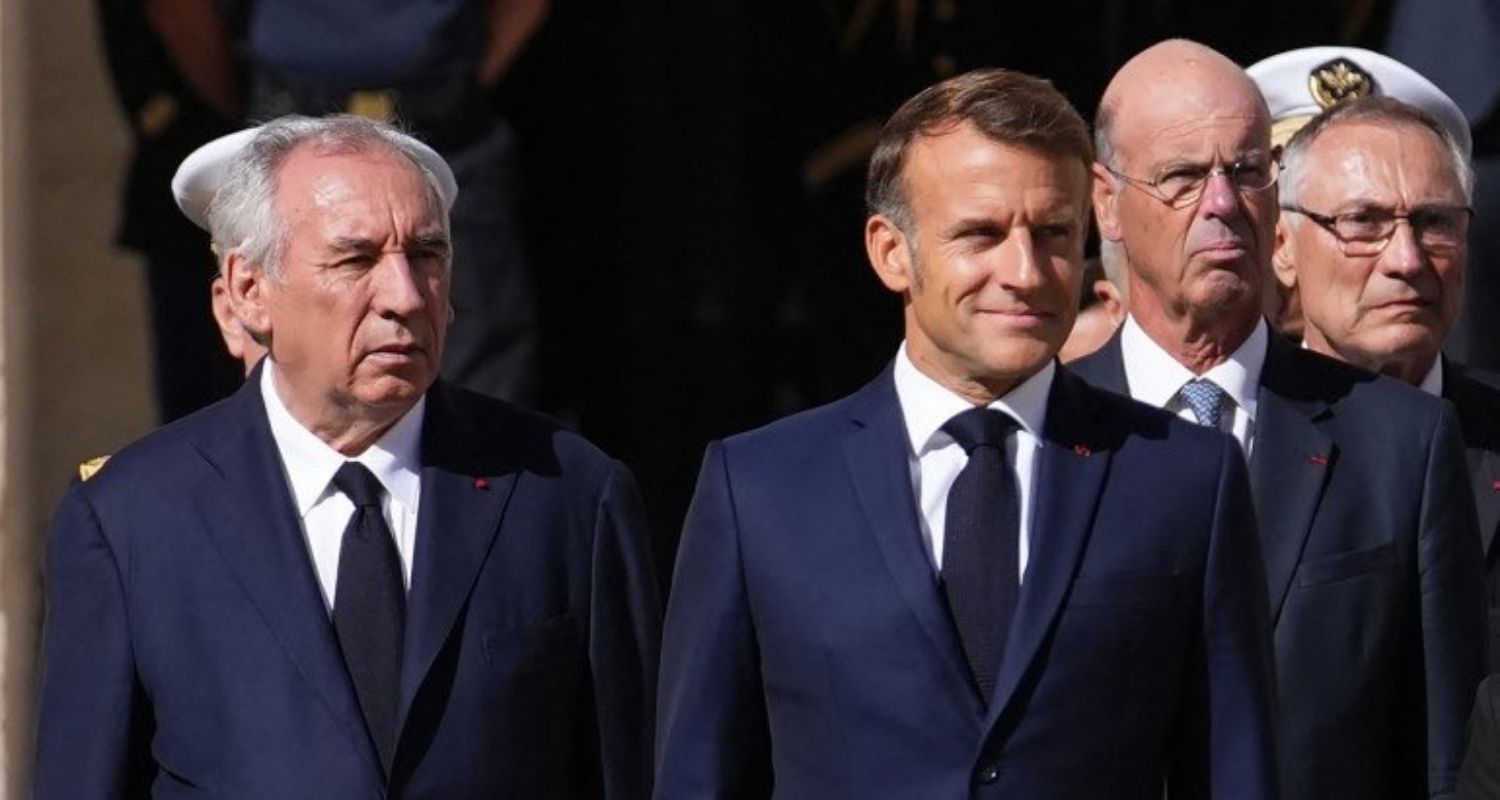France was thrown into deeper political turmoil on Monday after its parliament voted to oust Prime Minister François Bayrou’s government over his controversial plans to rein in the country’s mounting national debt. The dramatic no-confidence vote now compels President Emmanuel Macron to begin the search for his fifth prime minister in under two years, highlighting the instability within France’s political landscape.
Bayrou, 74, had held the post of prime minister for only nine months. His office confirmed that he will formally submit his resignation on Tuesday morning.
In a surprising move, Bayrou himself had initiated the confidence vote, seeking parliamentary support for his fiscal strategy aimed at curbing the deficit. The deficit has ballooned to nearly double the European Union’s ceiling of 3 pc, while France’s debt burden has escalated to approximately 114 pc of GDP.
According to Reuters, Bayrou presented his plan as essential for restoring financial credibility, proposing savings of 44 billion euros ($51.5 billion) in the 2025 budget. However, opposition parties—keen to position themselves ahead of the 2027 presidential elections—refused to support his austerity programme.
In a final plea before lawmakers, Bayrou issued a stark warning: “You have the power to bring down the government, but you do not have the power to erase reality. Reality will remain relentless: expenses will continue to rise, and the burden of debt, already unbearable, will grow heavier and more costly.”

Also Read: UN debates France-backed proposal on Lebanese peacekeepers
Despite his warning, the vote went heavily against him, sealing his government’s fate.
Attention now shifts to President Macron, who faces a difficult decision on Bayrou’s successor. He might decide to name someone from his own centrist minority bloc, but doing so runs the risk of maintaining the shaky coalitions that have limited the effectiveness of parliament. As an alternative, he might choose a technocratic leader, try to enlist a moderate socialist, or even look to conservative leaders. Each choice, however, carries the risk of further political deadlock.
Finance Minister Eric Lombard acknowledged before the vote that any new government would likely be forced to soften Bayrou’s deficit-cutting programme. “It was inevitable that the need to form a new government would result in a dilution of the deficit reduction plan,” Lombard admitted.
Within Macron’s camp, some voices argue that only a snap election could reset the political balance. But Macron has so far resisted calls from both the far-right National Rally and the far-left France Unbowed to dissolve parliament again, wary of plunging the country into deeper instability.
Also Read: French parliament set to oust PM François Bayrou



